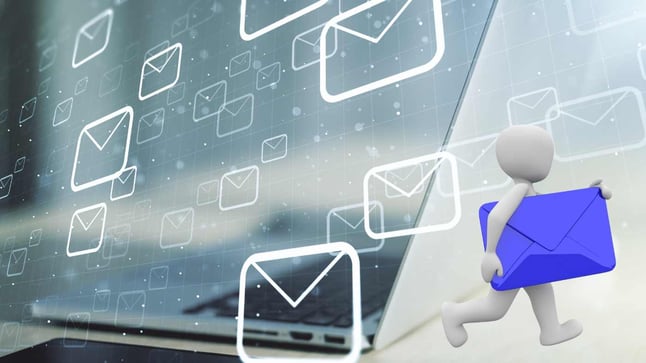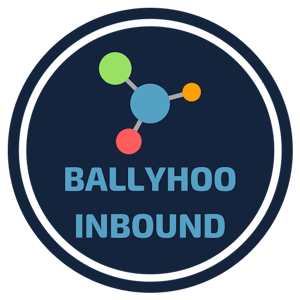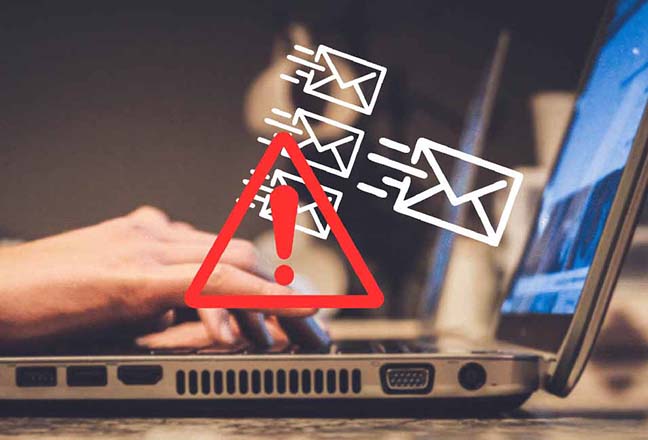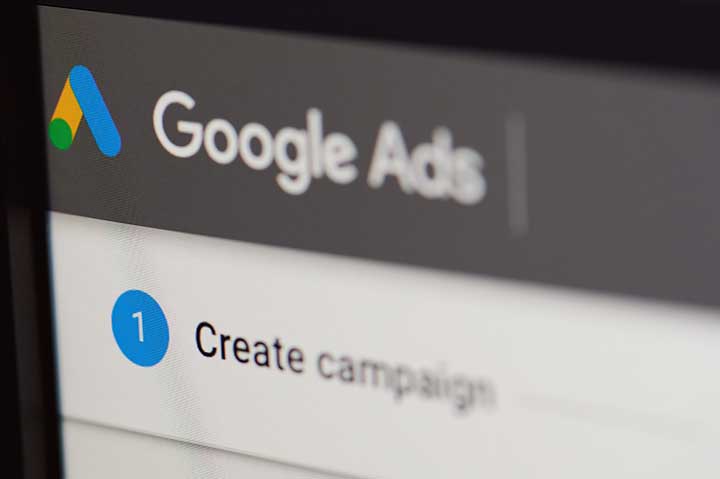
Starting in February 2024, Google and Yahoo began to require email authentication for all bulk email senders. Not properly authenticated emails will be automatically blocked or directed to spam. Learn more in this post.
In the digital age, email remains a vital communication tool for both personal and professional use. However, the increase in email traffic has led to a rise in spam and phishing attempts, prompting email service giants like Google's Gmail and Microsoft's Outlook to implement new changes aimed at enhancing email delivery security. These updates focus on the importance of email authentication processes to help prevent spam and ensure that legitimate emails reach their intended recipients. This blog post explores these changes and the significance of email authentication
Google's Gmail Updates
Gmail has introduced advanced updates to its email delivery system, emphasizing the need for stringent email authentication. With the new policy, Gmail aims to significantly reduce the volume of unauthenticated emails, effectively curbing spam and phishing activities. These changes involve sophisticated algorithms and machine learning techniques to improve the detection and filtering of spam emails. For marketers and bulk email senders, the implication is clear: the adoption of robust email authentication practices, such as SPF (Sender Policy Framework) and DKIM (DomainKeys Identified Mail), is now more crucial than ever. Ensuring that emails are properly authenticated will prevent them from being blocked or marked as spam and enhance the sender's reputation and email deliverability.
Microsoft's Outlook Enhancements
Microsoft's Outlook has similarly updated its email delivery protocols, with a strong focus on email authentication standards like SPF, DKIM, and DMARC (Domain-based Message Authentication, Reporting, and Conformance). These updates aim to fortify the security of email communications by verifying the authenticity of email messages, thereby protecting users from phishing attacks and unauthorized email senders. For businesses and individual senders, the message is clear: compliance with these authentication protocols is essential for maintaining email deliverability and securing the trust of recipients.
The Critical Role of Email Authentication
The updates from Gmail and Outlook highlight the essential role of email authentication in maintaining the integrity and security of email communications. By implementing SPF, DKIM, and DMARC records, senders can provide verifiable proof of their identity, significantly reducing the chances of their emails being flagged as spam or phishing attempts. Email authentication helps safeguard the sender's reputation and plays a pivotal role in improving email deliverability rates.
Implications for Marketers and Bulk Email Senders
For marketers and anyone involved in sending bulk emails, the new changes underscore the necessity of adopting and maintaining proper email authentication practices. Regular monitoring and updating of SPF, DKIM, and DMARC records in accordance with best practices are imperative to ensure compliance with Google's and Microsoft's updated email delivery policies. Whether your using Hubspot, Constant Contact, Mail Chimp, or another provider, it is strongly advised to have and maintain these practices.
Conclusion
The recent updates by Google's Gmail and Microsoft's Outlook serve as a reminder of the evolving landscape of email security and the ongoing efforts to combat spam and phishing. By prioritizing email authentication and adhering to the new requirements, senders can enhance the effectiveness of their email communications and protect their digital interactions from security threats. As we adapt to these changes, embracing best practices in email authentication and sender reputation management will be vital to navigating the challenges and opportunities of email marketing in a secure and trustworthy digital environment.
If you need help getting your CRM in order for better email delivery, reach out to us today.














